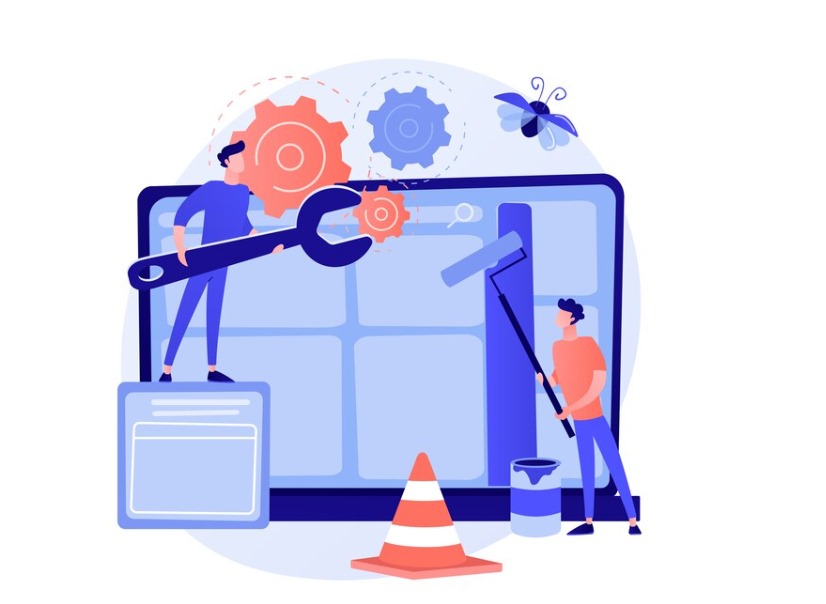How a WordPress Maintenance Plan Can Improve Your SEO
A well-maintained WordPress website is essential for strong search engine rankings. Regular updates, security checks, and performance optimizations directly impact SEO, helping your site rank higher and attract more visitors. In this blog, we’ll explore how a WordPress maintenance plan can improve your SEO and keep your website performing at its best.
Faster Website Speed & Performance
Improved Page Load Times
Search engines prioritize fast-loading websites. A maintenance plan includes performance optimizations such as caching, database cleanup, and image compression to keep your site running at optimal speed.
Elimination of Clutter & Bloat
Over time, unnecessary files, outdated plugins, and unused themes can slow your site down. Regular maintenance ensures these elements are removed, improving performance and reducing load times.
Mobile Optimization
Google uses mobile-first indexing, meaning your mobile site performance affects rankings. Maintenance plans ensure your site is responsive and fully optimized for all devices.
Find Out: Figma to Elementor Conversion
Enhanced Security & Search Engine Trust
Protection from Malware & Hacks
Search engines like Google penalize compromised websites. A maintenance plan includes security monitoring, malware scans, and firewall protection to keep your site safe and SEO-friendly.
Prevention of Blacklisting
If your site gets hacked or flagged for suspicious activity, Google may blacklist it, causing your rankings to plummet. Regular maintenance helps prevent this by keeping security patches updated.
SSL Certificate & HTTPS Management
A secure HTTPS connection is a ranking factor for Google. Maintenance plans ensure your SSL certificate remains valid and your site stays secure.
Reduced Downtime & Improved Reliability
Minimized Technical Issues
Search engines favor websites with consistent uptime. Regular maintenance ensures that software updates and bug fixes are handled proactively, preventing unexpected downtime.
Regular Backups & Quick Recovery
If your site crashes, having recent backups allows for quick restoration. This prevents extended downtime that could negatively impact your rankings and traffic.
Uptime Monitoring
Many maintenance plans include uptime monitoring, alerting you to issues before they affect SEO performance.
Check Out: WordPress Web Design Trends
Improved User Experience (UX) & Engagement
Fewer Broken Links & Errors
Broken links, missing pages, and 404 errors hurt user experience and SEO. Regular maintenance includes link audits and fixes to keep navigation smooth.
Better Site Navigation & Functionality
A well-maintained site ensures that menus, buttons, and interactive elements work correctly, leading to longer session times and lower bounce rates—both important SEO factors.
Optimized Content Updates
Search engines prefer fresh, updated content. Maintenance plans often include periodic content updates, keeping your site relevant and ranking higher in search results.
Stronger Technical SEO Compliance
Updated XML Sitemaps & Robots.txt
A maintenance plan ensures that XML sitemaps and robots.txt files are correctly configured, helping search engines crawl and index your site efficiently.
Schema Markup & Structured Data
Proper implementation of structured data can improve visibility in search results. Maintenance plans can help manage these technical SEO elements.
Regular SEO Audits
Ongoing maintenance often includes SEO audits to identify and resolve issues that may be affecting rankings.
Final Reading: Cloud Hosting Benefits
Final Thoughts
A WordPress maintenance plan plays a crucial role in improving SEO by enhancing site speed, security, uptime, user experience, and technical compliance. Instead of worrying about updates, performance, and security, you can focus on growing your business while ensuring your site ranks well in search results.
Want better SEO results without the hassle? Consider signing up for a professional WordPress maintenance plan today!

